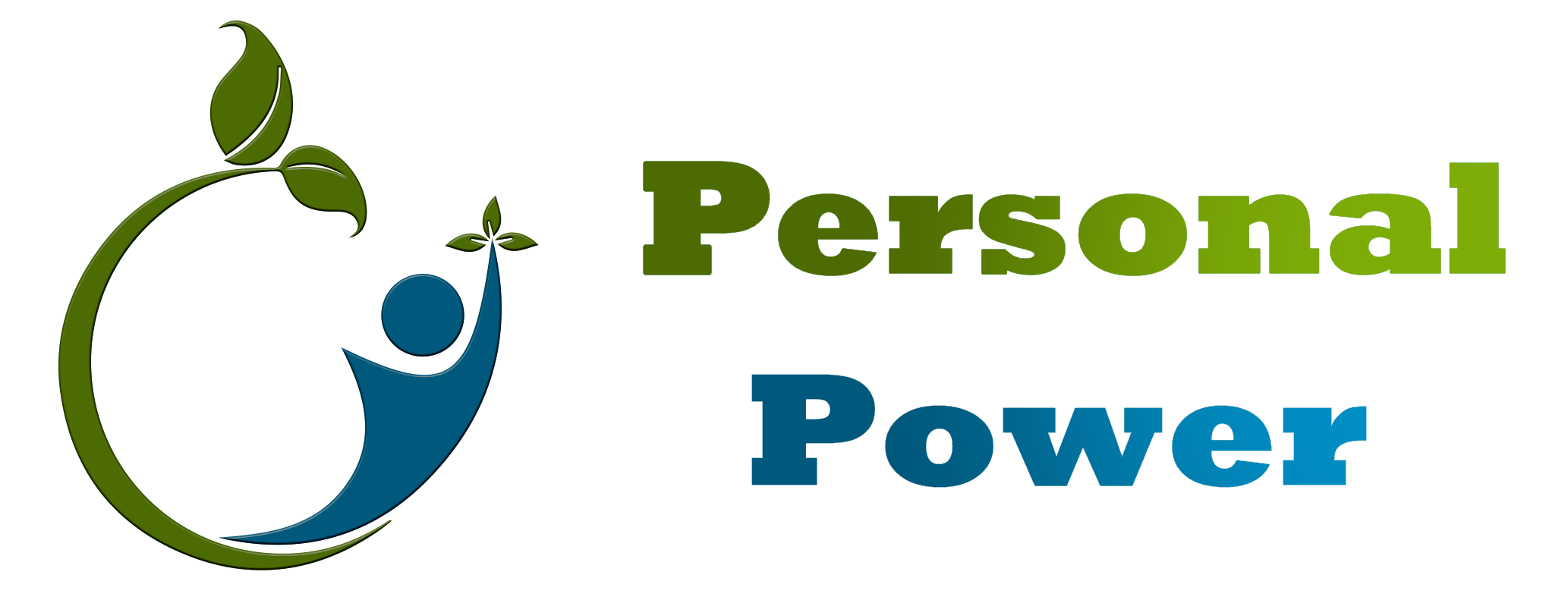Macronutrient Based Diets: What The Science Shows
With the abundance of macronutrient-based diets over the past several decades – from low carbohydrate diets to low fat diets – fats, proteins, and carbohydrates have become principal when talking about optimal diets.
Scientists have begun comparing these types of diets to determine which is the most effective.
A study that was published in the Journal JAMA in 2007, reported results of a comparison of four weight loss programs, ranging from high carbohydrate diets to low carbohydrate diets. The study took twelve months and included obese and overweight premenopausal woman, who were randomly assigned either a very low carb diet, the Zone diet, the Learn diet, or the Ornish diet.
After one year, the weight loss achieved in the Atkins (low carb) diet group was greater when compared to the other diet groups. The study also looked at secondary outcomes, looking at the metabolic effects, such as blood pressure, glucose levels, body fat, and cholesterol. They determined that those that took part in the Atkins diet had more weight loss when compared to the other diet groups. This study raises questions about the long-term effects of a low carbohydrate, high fat, and high protein diets.
Another research study, published in the New England Journal of Medicine in 2009, disagreed with the above study’s findings. They tested four different types of diets and found that the weight loss was the same regardless of the type of diet the patient was on. The study followed eight hundred individuals over two years and assigned each participant to a high fat/high protein diet, an average protein diet, a low fat/high protein diet, and a low fat/average protein diet. They concluded that every diet resulted in weight loss, even though there were differences in the composition of macronutrients.
The study also found that the more group counseling sessions the individuals attended, the more weight they were able to lose and the less weight they gained back. This supports the idea that not only what the person ate was important, but social factors, psychological factors, and behavioral factors were essential in losing weight as well.
An additional study, published in The New England Journal of Medicine in 2010, looked at the role of glycemic index and protein on weight loss and weight loss maintenance. Scientists first started the participants on a low calorie diet to allow for some weight loss and then examined whether glycemic index and protein had an impact on weight loss maintenance. The participants were made up from almost 800 obese individuals from European countries that had lost at least eight percent of their body weight using a low calorie diet.
Participants were placed on one of five diets for six-and-a-half months with a focus on weight loss or maintenance: high protein-low glycemic index, low protein-high glycemic index or a low protein-low glycemic index. The results showed that the low protein-high glycemic index program resulted in significant weight gain, and that weight gain was less in those people who followed a high protein diet. These results showed that modest increases in protein content and small reductions in the glycemic index lead to better weight loss maintenance.
Bottom Line
The results of these studies suggest that there may be a benefit to a dietary approach that is based on a high macronutrient diet. Research also tells us that a particular diet may cause weight loss in one person but may not be beneficial for someone else, due to differences in lifestyle and genetics.
There isn’t a perfect diet for everyone. The good news is that everyone can choose flavorful and healthy foods to find a diet that works best for them. Energy techniques – such as muscle testing food choices – can help determine the food plan that will provide the best value for your health goals.
If you just can’t seem to eat fresh fruits and vegetables to get your daily requirement, consider concentrated nutrient sources such as Juice Plus. You can get the nutrients you need even when you’re away from your fridge.
